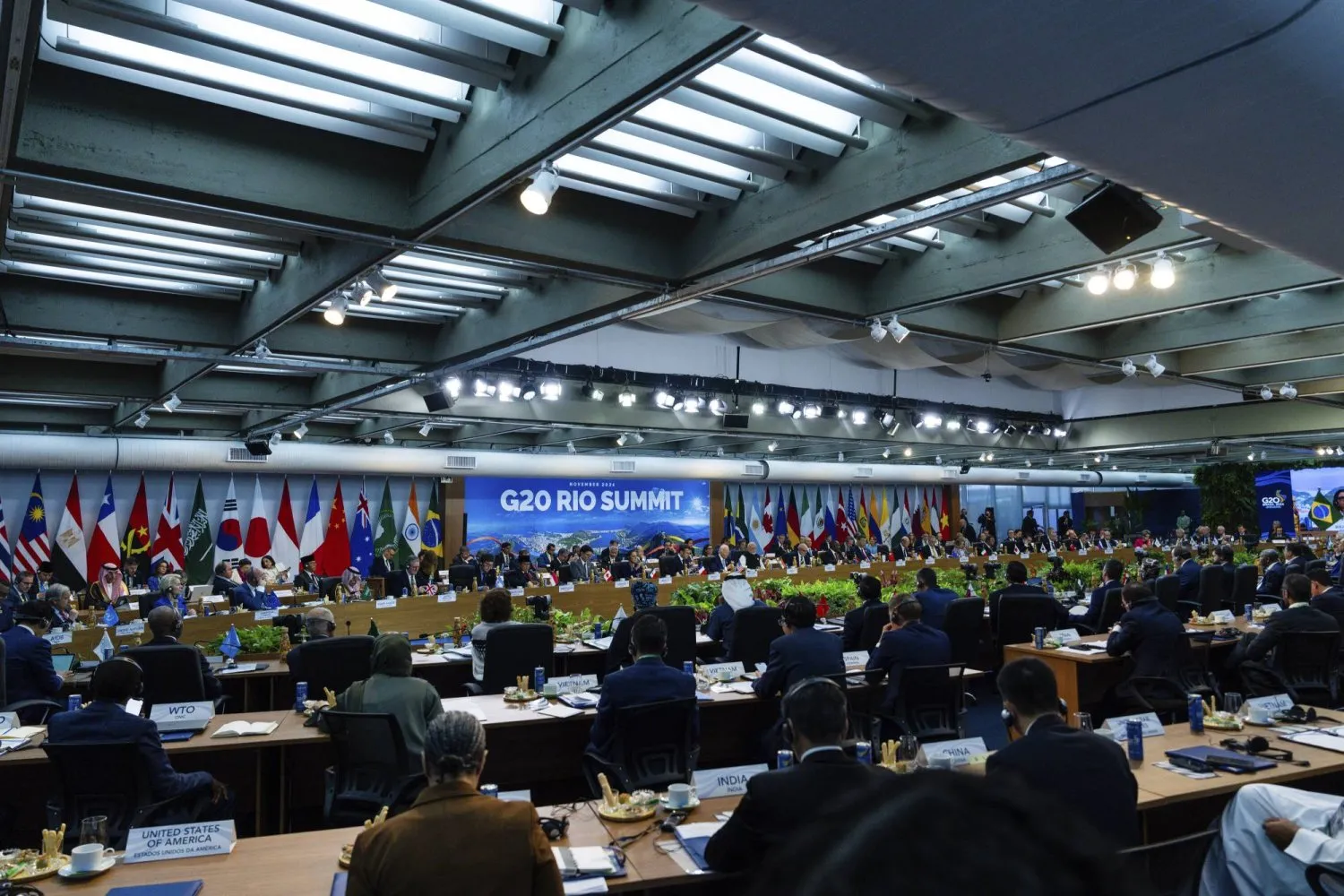Saudi Central Bank (SAMA) Governor Ayman Al-Sayari emphasized the Kingdom’s pivotal role in sustaining global economic recovery and maintaining financial stability. He also highlighted Saudi Arabia’s active participation in addressing key issues during Brazil’s presidency of the G20 Summit.
In a statement to the Saudi Press Agency (SPA), Al-Sayari affirmed the Kingdom’s commitment to achieving the summit’s goals and strengthening multilateral cooperation to tackle challenges such as slow growth and rising global debt levels.
Al-Sayari noted that Saudi Arabia’s participation in the G20 reflects its efforts to promote its own interests while contributing to global economic stability, particularly for regional economies. As the only Arab member of the group, Saudi Arabia seeks to leverage its position to enhance global financial resilience.
He recalled the Kingdom’s leadership of the G20 in 2020, during which it prioritized measures to accelerate global economic recovery, foster financial inclusion, ensure financial stability, and assist low-income countries in mitigating the impacts of the COVID-19 pandemic.
Key issues currently under discussion include the slow global economic growth, high inflation rates, rising global debt, and disparities in economic policies among nations.
Al-Sayari highlighted the importance of the G20’s Common Framework for Debt Treatments, a key initiative launched during Saudi Arabia’s presidency of the group. The framework aims to alleviate the debt burden of the world’s most vulnerable countries, a concern that has grown more pressing as sovereign debt levels reach unprecedented heights.
The governor underscored the alignment between the objectives of Saudi Arabia’s Vision 2030 and the G20’s goals, particularly in fostering financial stability and sustainable development. This includes initiatives to develop financial markets, mitigate risks, adopt global best practices, and ensure the financial sector’s stability while expanding its services and products to support the transition to a sustainable economy.
Moreover, Al-Sayari pointed out ongoing efforts to enhance the fintech sector through updated regulatory frameworks and improved guidelines. The Kingdom also aims to increase financial inclusion and awareness by providing individuals and businesses with access to licensed financial services, ensuring consumer protection, and promoting fairness and transparency in financial transactions.









